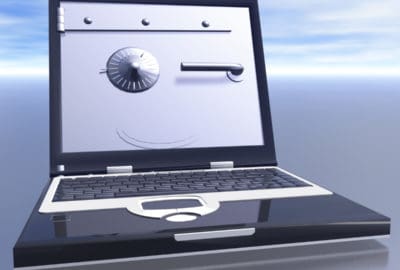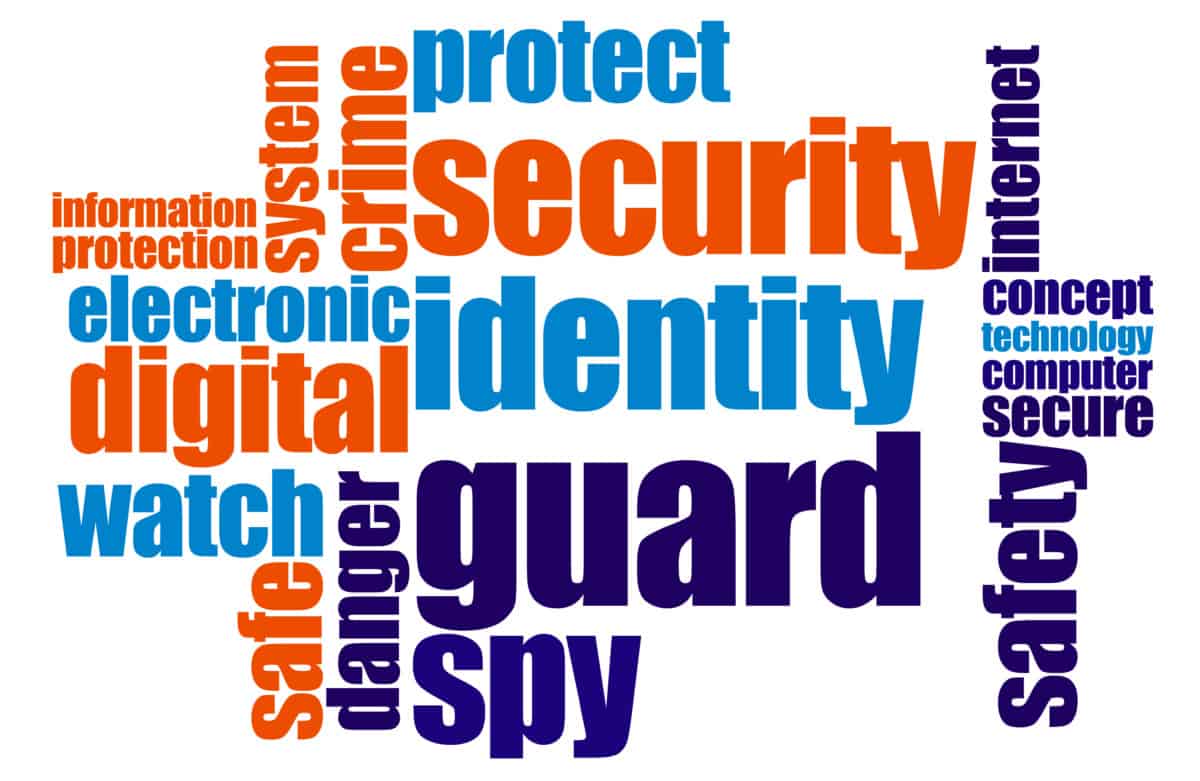 System security breaches affect everyone; so avoiding them is everybody’s job in the company. In other words, IT Department is just one of the pieces responsible to ensure the company’s digital security.
System security breaches affect everyone; so avoiding them is everybody’s job in the company. In other words, IT Department is just one of the pieces responsible to ensure the company’s digital security.
But there still are common practices that undermines the digital security of your networks. Let’s give a look on some of them to create and promote conciousness:
-
Rely Only on Firewalls and Anti-Viruses
While firewalls and anti-virus software can do a decent job to protect networks from system security breaches, they aren’t 100% effective. These security programs don’t protect users from hackers and similar threats.
-
Avoid using the Public Cloud
Some people think that public Cloud is easy to breach. But the truth is that, using the public cloud make the company’s infrastructure unavailable to everyone. This is to say, public Cloud makes stronger your company’s network because not everybody has access to your digital environments. However, it’s important to properly configure your Cloud applications to make them secure.
-
Leave Workstations and Laptops Unlocked
Another misconception people have about data breaches, is that data breaches are only remotely performed. The truth is, hackers often steal laptops and other digital data storage devices; and what is one of their favorite places to start with? Yes, the trash bin. There, they records with valuable data.

-
Using Default Passwords
Most devices and applications come with default usernames and passwords. You are more likely to experience system security breaches if you don’t change them properly with strong passwords.
-
Reusing Passwords
Another common practice that most people do is to reuse their passwords. People don’t want to remember various passwords. For instance, knowing one of your password enable hackers to get more info of your accounts.
-
Opening Email Attachments
People think that emails are only dangerous when they come from individuals they don’t know. Nothing could be further from reality: Viruses and phishing scams come from emails that attempt to copy those ones that you are familiar with. You can also get a virus from people you know.

-
Ignore Security Logs
Security logs are the first line of defense against a data breach, but some people are too lazy to examine them daily. More often than not, they just skim through the logs once a week, or even on a monthly basis.
-
Skip Network Scans
Some administrators skip network scans because they are overconfident, and rely too much that other employees won’t bring infected devices to the workplace, or install suspicious or infected files on the network, whether consciously or unconsciously. This is probably the most common way to open a gate to system security breaches. Only managers should allow bringing new elements to the newtorks, and installing new programs with access to the network.
-
Overlooking Outbound Network Traffic
There are malwares that are hard to detect, and the only way to know there’s one in the system is to monitor outbound network traffic. When there are abnormal amounts of outbound connections, then chances are that system has been infected with malware.
-
Forgetting about Patches and Upgrades
When it comes to upgrades and patches, IT Managers should implement them as soon as possible to avoid system security breaches. This is the best way to improve digital security and prevent attempts from remote locations.
 These are some of the common practices that compromises your network’s digital security; and identifying them helps you to educate your employees on best practices to avoid system security breaches.
These are some of the common practices that compromises your network’s digital security; and identifying them helps you to educate your employees on best practices to avoid system security breaches.
Avoiding system security breaches becomes easier when counting on our experience and advise. Check here what we have to guarantee your digital security.



